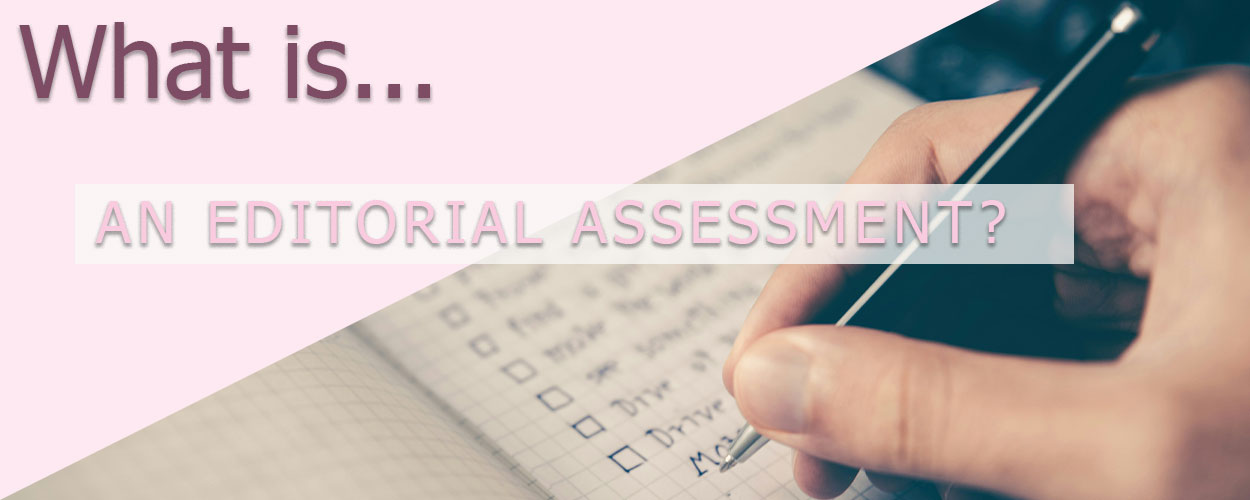

Posted: April 23, 2022
Visit Tigerpetal Press Services
Email for a Quote
So, you’ve written the first draft of your manuscript and you’re not quite sure where to go from here. Do you send it to beta readers first? An editor? Do you wait until you’ve gone through it a second time?
The answer is simple.
If you’re on a budget, I’d advise you to start with alpha readers. Those are the people who read the very first draft—the one that’s still messy and unfinished. They help you figure out where you want to go and offer feedback or suggestions for scenes and such. If your manuscript is already finished and self-edited to the best of your ability, you can send it to beta readers for feedback. Betas read the finished manuscript. They give you their honest opinion as a reader, not an editor. What works for them, what doesn’t work for them, pacing, big picture stuff.
[Related Articles: Alpha, Beta, Editing, & ARC: The Difference; and What is Beta Reading?]
Along with asking others for feedback and advice, you can do quite a bit of editing for yourself. Some people say “Never edit your own work!” and while it is true that you should never wholly rely on yourself to create a final product, self-editing is a valuable tool—as long as you take the proper steps. While writing, let’s say you have your “Writer Hat” on. When you’re self-editing, you need to adopt a new way of thinking about the story. First, to make your own critiques, you must don a “Reader Hat”. You must look at the book as if you are seeing it for the first time, as just another reader. What do you like about the story? What makes sense? What doesn’t make sense? Things like that. Once you’ve made notes, you can take up the “Editor Hat” and apply those changes.
[Related Article: How to Get the Most Out of Self-Editing]
From there, your manuscript is going to be as good as it can be without a professional. So what should you do? Do you need developmental editing still? Or just some technical editing to catch the spelling and punctuation errors? That’s where the assessment comes in.
An editorial assessment is the first overview of your manuscript by a professional editor. They will read through the entire manuscript and provide thoughtful, in-depth feedback about your plot, characters, structure, consistency, and style. Do you have a plot hole? They’ll point it out and offer suggestions to fix it. Do your characters all blend into one? They’ll help you craft distinct personalities for each of them. They will discuss your book’s strengths and weaknesses and parts that need to be extended or cut. They will also provide you with a revision strategy to best help you with your work. This is the chance to fix the bigger problems before diving into the language of the manuscript.
This assessment will often lead to much better characterization, structure, and themes in your manuscript. If you’ve previously self-published your book and it’s not doing very well, an editorial assessment can help address those critical issues and lead to revisions that make your book soar.
You may be asking why not just go to a content editor directly. Why the extra step? Well, the truth is that some manuscripts just aren’t ready for developmental editing, which rests at a line-by-line level rather than the big picture. This is where the big parts of the manuscript will change—major plot points, adding or reducing characters, and major revisions to make your theme stand out. For these things, it’s much more effective (and cheaper) to go with an assessment.
What an editorial assessment looks for:
These are only a few questions that the editor will address in their assessment. And, as mentioned above, an editorial assessment is a lot cheaper than line-be-line developmental editing. You’ll encounter a range of prices on places like Fiverr and Reedsy but expect that you’ll pay around $10-12 USD per 75% words for an average assessment. In Canada, that would be around $14 per 75% words.
Expect a lengthy letter in return. Depending on the length of your manuscript, you should receive quite a bit of feedback from your editor, and typically, they’ll allow phone or video calls to discuss that feedback, to brainstorm revisions, address your questions or concerns, and strategize how to get to your publishing goal.
Visit Tigerpetal Press Services
Email for a Quote
Working with an Editor: Part 1
Alpha, Beta, Editing, & ARC: The Difference
How to Get the Most Out of Self-Editing
What is Beta Reading? [review reading — pre-launch]
What is Developmental Editing? [content editing]
What is Book Doctoring? [content editing]
Tigerpetal Press is a small book press dedicated to publishing local authors and poets.